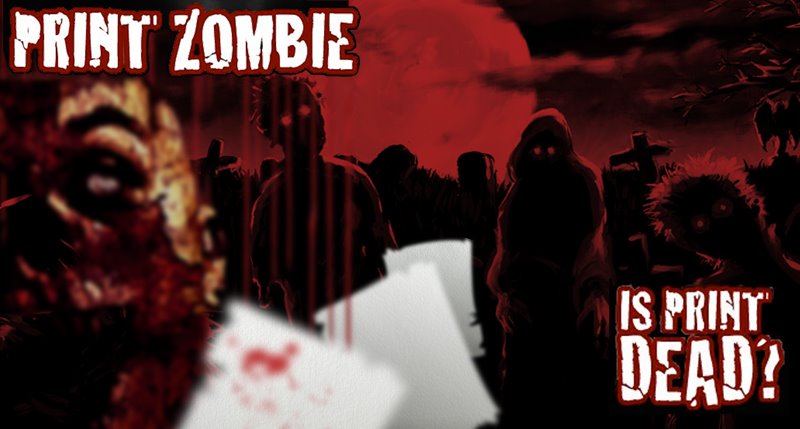As the Salmonella outbreak in the U.S. is growing, some stores and chains are using their databases to connect with consumers and alert them of the contaminated products. It's a great complement to print - call them first and warn them, follow up with a letter outlining next steps...
From Consumer Reports:
Robo recalls: Grocery chains big and small alert shoppers to recalls
The ongoing peanut salmonella outbreak is actually bringing out the best in many retailers, particularly when it comes to going the extra mile for their customers.
At Dorothy Lane Markets in Dayton, OH, workers were combing through the latest product recall notices from the U.S. Food and Drug Administration. Any recalled products were quickly pulled off the shelves, but the Dorothy Lane workers didn’t stop there. They also combed through the records of the customer loyalty program run by the three-store chain. Customers who had recently purchased any of the recalled items got a phone call from Dorothy Lane’s consumer affairs department. Those without a phone number on file were mailed a letter warning them about the recalled items they had purchased from the store.
“We are working on it right now,” said Kathy Neufarth, consumer affairs director for Dorothy Lane, when we got in touch with her recently. “We just got the notice on some Kashi bars being recalled and that looks like it will be a big one for us. We sell a lot of those.”
Neufarth said Dorothy Lane is able to move quickly because it's a small chain, but it still requires a lot of work. She said the company has been calling in employees to work extra shifts making the necessary phone calls and sending out the letters.
Neufarth estimated the company will need to phone some 300 customers who recently bought the recalled Kashi bars.
She said nearly all of the customers contacted appreciate the company’s efforts. “Some of them tell us they have already eaten the product, but even then they appreciate the phone call,” she said.
Some big national retail chains are conducting similar programs using their customer loyalty databases, but on a much larger scale.
Seattle-based Costco has been making robo calls to customers who have recently purchased more than 25 different recalled products stocked by the warehouse retailer.
“This will probably be the biggest effort of this kind for us ever before it is over,” said Christine Summers, director of food safety/quality assurance at Costco, when we contacted her. “The challenge is just keeping up with all the recalls.”
Summers estimated the company had made more than a million calls to its customers so far and that number is continuing to grow each day. She said the company writes a script and then pays an outside contractor to make the automated phone calls.
Some other retailers are also reaching out to their customers proactively, but some are not.
An important consumer watchdog group, the Center for Science in the Public Interest, has called on all retailers to use the contact information they collect from customers to notify them of recalled products.
“Supermarkets enjoy using purchasing data for marketing purposes,” said CSPI staff attorney Sarah Klein. “We're calling on supermarkets to also use that information to protect their customers' health by alerting them to identify and return tainted foods. Several major chains are already doing that, and every other chain should do the same.”
Meanwhile back at the Dorothy Lane chain in Dayton, there is a bit of gastronomical good news for customers concerning peanuts—none of the recalled products are used in the store’s popular Peanut Butter Killer Brownies.
.jpg)
No comments:
Post a Comment